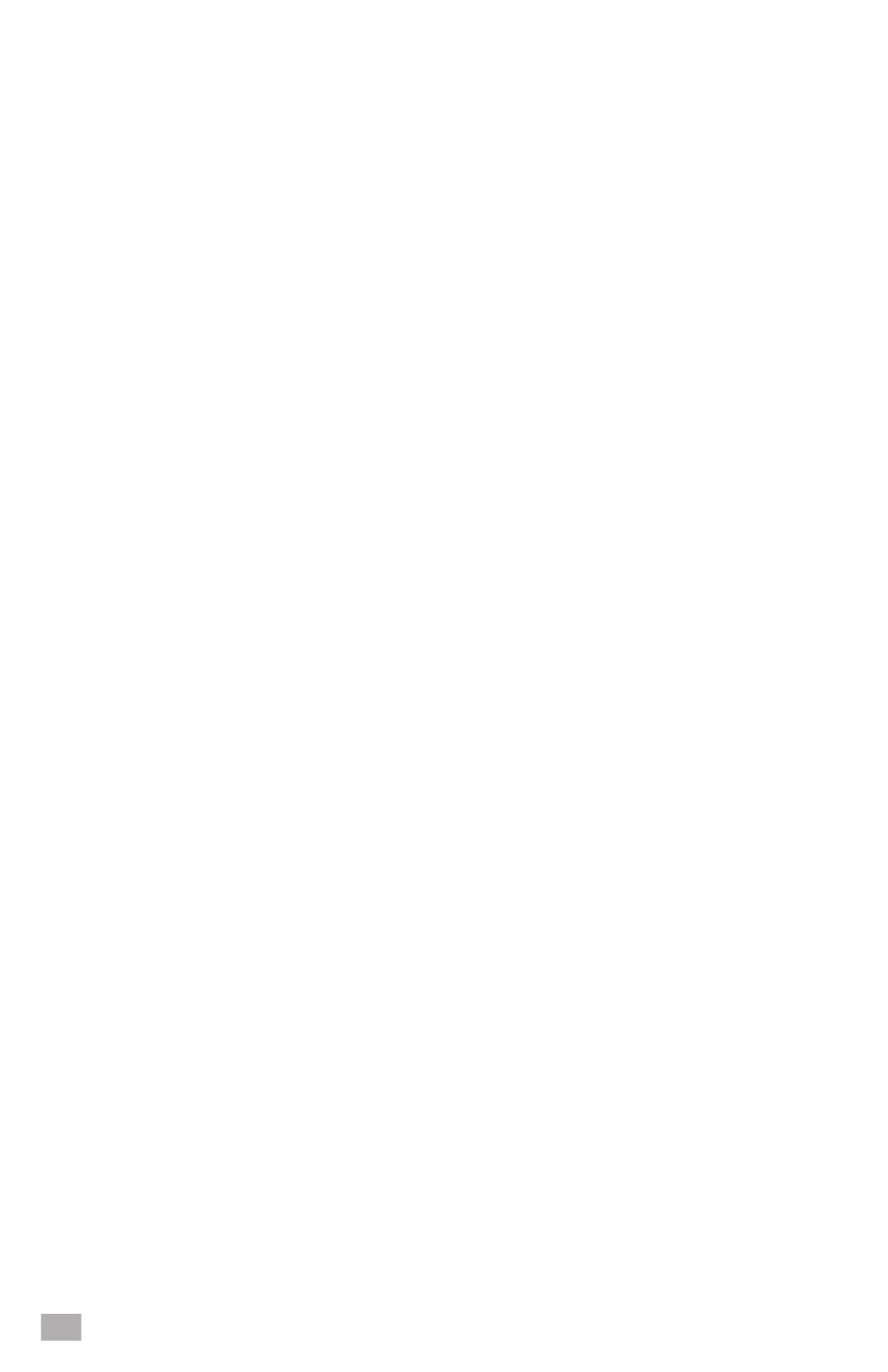
control over the proceedings in order to elicit relevant information, to avoid needless
consumption of time and to prevent the harassment or intimidation of witnesses.
Disciplinary regulations at WNCC are set forth in writing in order to give students
general notice of prohibited conduct. These rules and regulations should be read
broadly and are not designed to define prohibited conduct in exhaustive terms. It
is recognized by WNCC that students are adults and are expected to obey the law
and take personal responsibility for their conduct. A student is therefore subject to
two sources of authority: civil–criminal authority and WNCC’s authority.
When charged with a violation, a student has the right to notice of the violation
and an opportunity to be heard. For infractions where suspension, dismissal or
expulsion may be imposed, a student will have additional rights as set forth in
section V, 2. , below.
IV. Academic Misconduct
Any student suspected of academic misconduct will be subject to the investigative
and disciplinary process outlined in the WNCC Academic Integrity Policy.
Academic Integrity Policy
Academic integrity forms a fundamental bond of trust between colleagues, peers,
instructors, and students, and it underlies all genuine learning. At WNCC, there
is no tolerance for plagiarism or academic dishonesty in any form, including
unacknowledged “borrowing” of proprietary material, copying answers or papers,
using crib sheets or unauthorized help during exams, altering tests, or passing
off someone else’s work as one’s own. A student can be accused of an academic
integrity policy violation by an instructor, staff member or another student(s).
A breach of ethics or act of dishonesty can result in:
• Failure of a paper, quiz or an exam within a course (instructor level)
• Failure of an entire course (institutional level)
• Suspension or expulsion from the College (institutional level)
Any form of academic dishonesty represents a grave breach of personal integrity
and of the rules governing WNCC’s community of learners. Academic dishonesty
includes, but is not limited to:
• Cheating in any form
• Plagiarizing in any form
• Aiding someone else in cheating or plagiarizing
Cheating is the giving or receiving of any unauthorized aid, assistance, or unfair
advantage in any form of academic work, such as in-class quizzes and tests, take-
home tests, lab assignments, problem sets, term papers, and research projects.
“Unauthorized” means without the instructor’s permission.
Common examples of cheating include:
• Using unauthorized materials or information during a quiz or exam (
e.g.,
material written on a “cheat sheet”, bluebook, desk, piece of clothing, etc.
)
• Looking at another student’s quiz or exam (or knowingly allowing him/her to
look at yours)
• Telling students in another section of the same course what questions were on
an earlier exam (or willingly receiving such information from another student)
• Changing answers on a quiz or exam and claiming the changed answer was
the original answer
158


